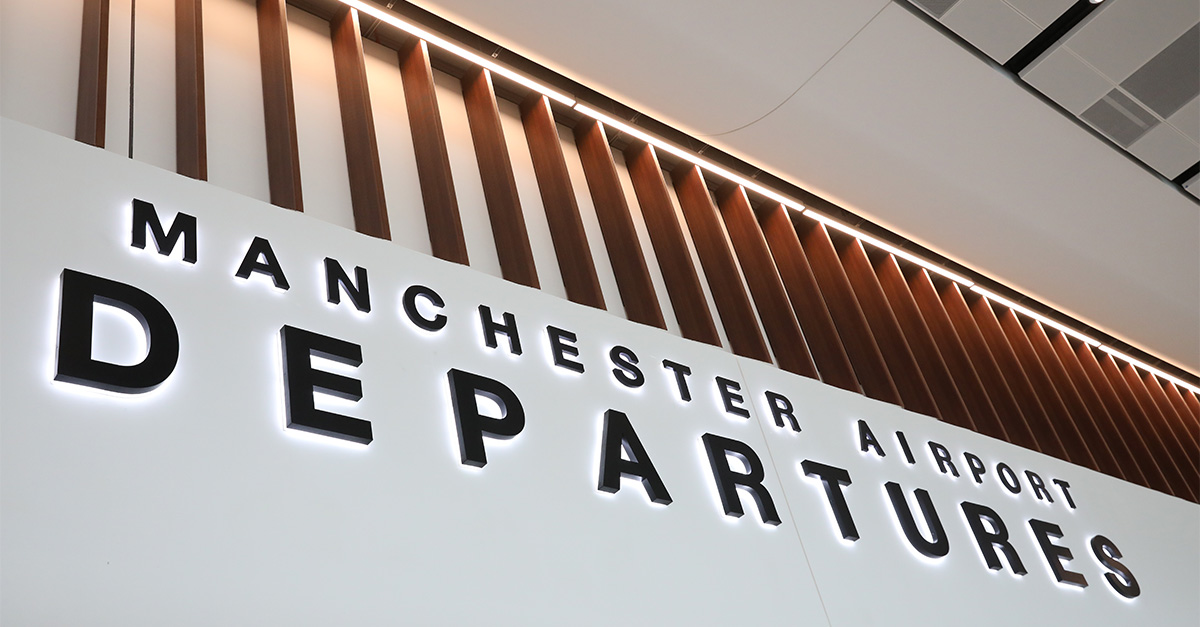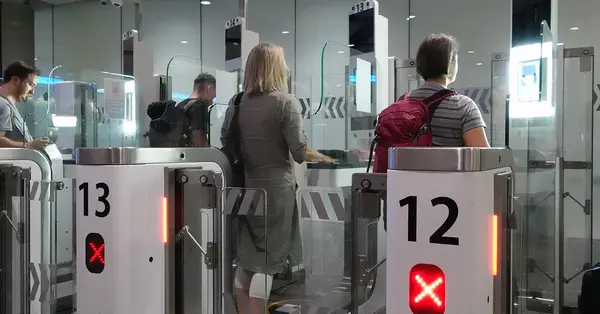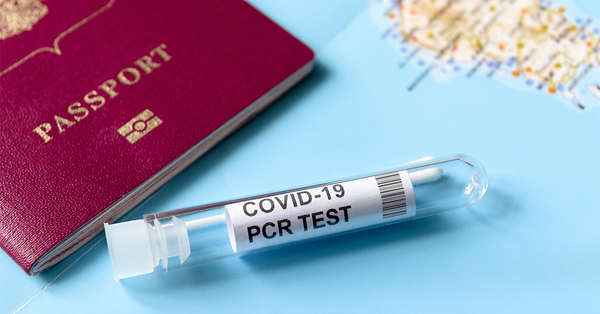You are viewing 2 of your 2 free articles
Weekend airport disruption raises fears for summer peak
Disruption at two of the UK's three largest airports, Gatwick and Manchester, last weekend left passengers, agents and airline bosses angry and frustrated.
A power failure at Manchester on Sunday morning caused delays and cancellations affecting 90,000 passengers and drew widespread media coverage, with up to 70 departures and 50 inbound flights hit – a majority operated by easyJet, Jet2 or Tui.
Flight cancellations at Gatwick last Friday night after two air traffic controllers went home sick were less widely reported but resurrected fears of more widespread disruption after Gatwick air traffic control (ATC) suffered continual staff shortages last year leading to a temporary cap on flights in September.
Travellers ‘defy costs and conflicts' for summer 2024 season
European destinations see ‘notable' shift towards shoulder seasons
Iata expects ‘strong' travel demand to continue into summer
That led the Civil Aviation Authority to hold weekly meetings with Gatwick ATC provider Nats and the airport through last autumn and winter, with CAA chief executive Rob Bishton telling the Transport Select Committee of MPs in October that the meetings would "continue until March to ensure resilience”.
Bishton noted: "There is a history to why [Gatwick ATC] has ended up where it is [and] it's not easy to resolve in the short term.” Gatwick had insisted it expected to operate "a full service for summer 2024”.
But Nats chief executive Martin Rolfe told the same committee of MPs: "Nine months is the shortest you could go from being a controller somewhere else [in the UK] to being a controller at Gatwick.”
Controllers need to be trained specifically for Gatwick to be certified to control aircraft at the world's busiest single-runway airport.
Friday's disruption suggests a shortage of controllers remains an issue.
EasyJet chief executive Johan Lundgren told Travel Weekly: "The start to the summer season has been largely smooth, [but] last weekend passengers at both Gatwick and Manchester were subjected to unacceptable levels of disruption to their travel plans due to a lack of resilience at the Gatwick ATC tower and a lengthy restart to operations at Manchester airport following a power failure.”
He said: "Airports and infrastructure providers must ensure they have both the resilience to maintain operations and robust recovery plans in place when things go wrong so customers can have confidence.”
Lundgren added: "It can't be right that the cost of this disruption yet again falls on the airlines, something I continue to pick up with government.”
A senior aviation source described the situation at Gatwick as "not acceptable” and "ridiculous”, saying: "Gatwick has been doing way better than it was, but it's not resilient. Just two ATC staff went sick and we had 40-odd cancellations.”
The same source hit out at Manchester airport over its power failure, saying: "The airport should have back-up systems.”
Phil Nuttall, chief executive of Travel Village Group in Blackpool agreed, posting on social media: "How can there be no contingency plans, Manchester airport?”
Airport managing director Chris Woodroofe offered "sincere apologies”, saying: "There was a big power spike in our electrical system [which] damaged key equipment for our departures, security and baggage systems.” He blamed "a fault with a cable” and promised an investigation this week.


















